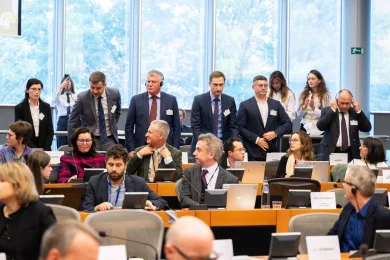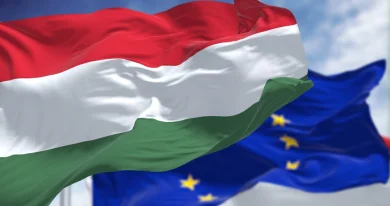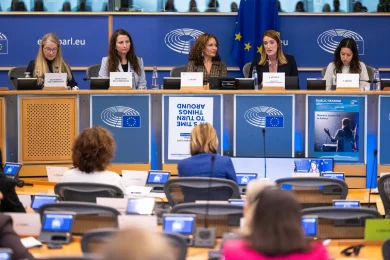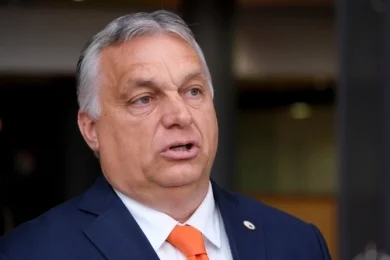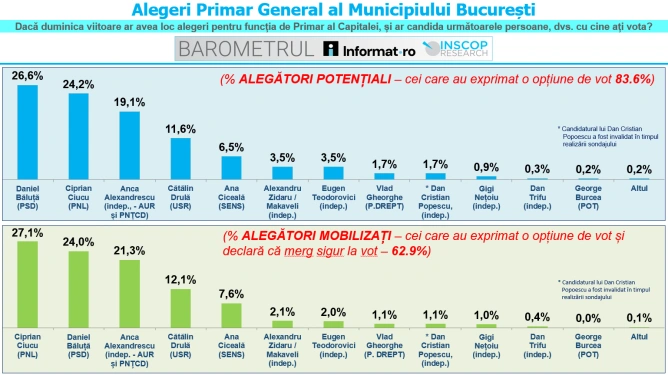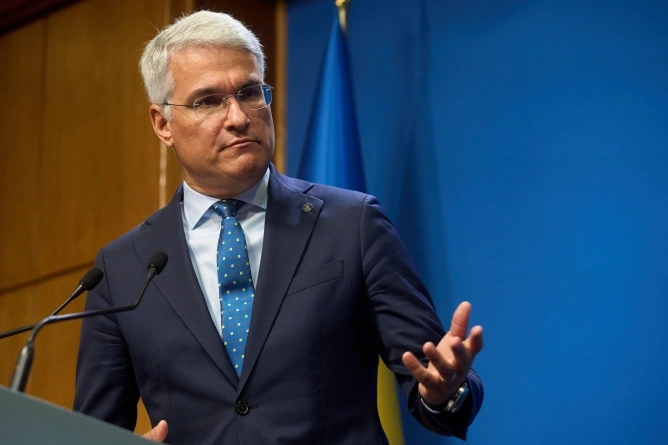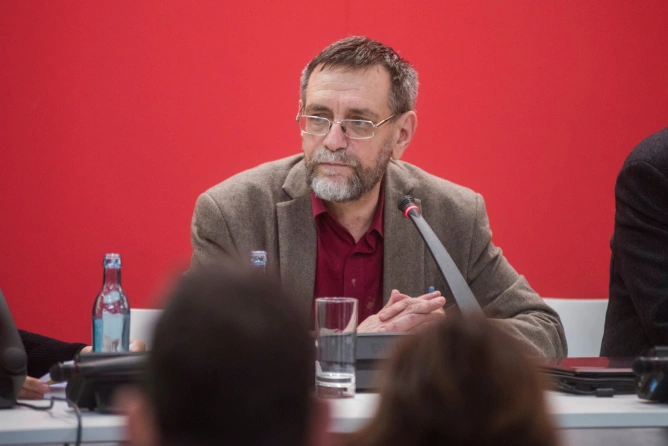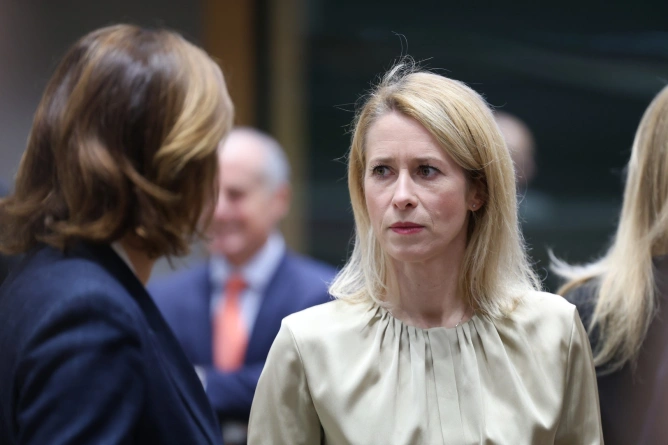
Brussels, November 5, 2025 – The Committee on Civil Liberties, Justice and Home Affairs (LIBE) of the European Parliament has adopted its second interim report on the rule of law situation in Hungary, warning about the deepening crisis of the fundamental values of the Union and calling on the EU Council to move from prevention to effective sanctions under Article 7(2) of the Treaty on European Union.
The report, approved with 51 votes in favor, 21 against, and 2 abstentions, finds a continued deterioration of democracy, the separation of powers, and press freedom in Hungary, seven years after the activation of the Article 7 procedure. MEPs emphasize that the lack of action from the Council has allowed the government in Budapest to transform the country into a "hybrid electoral autocracy."
Among the mentioned issues are political interference in the judiciary, systemic corruption, and the use of EU funds for clientelistic purposes. The Parliament also criticizes the obstacles in the work of the Integrity Authority, as well as the refusal of Hungarian authorities to implement decisions of the European Court of Human Rights. Other concerns include the restriction of academic freedom, the exclusion of independent media from state advertising, and the banning of Pride marches.
Rapporteur Tineke Strik (Greens/EFA, Netherlands) stated: "The lack of a firm response from the Commission and the Council has allowed a constant erosion of democracy and the rule of law. The European Union cannot afford to tolerate the autocratization of Hungary. Any further delay would mean a violation of the Union's own values."
LIBE calls on the Council to activate Article 7(2), which allows for a formal finding of a serious and persistent breach of EU values and can lead to the suspension of Hungary's voting rights in the Council. The Parliament also invites the Commission to use the new legal tools available, including extended infringement procedures, in cases where the denial of EU values leads to further breaches of European law.
The report is set to be debated and voted on in the plenary of the European Parliament during the session from November 24–27, 2025, in Strasbourg.
